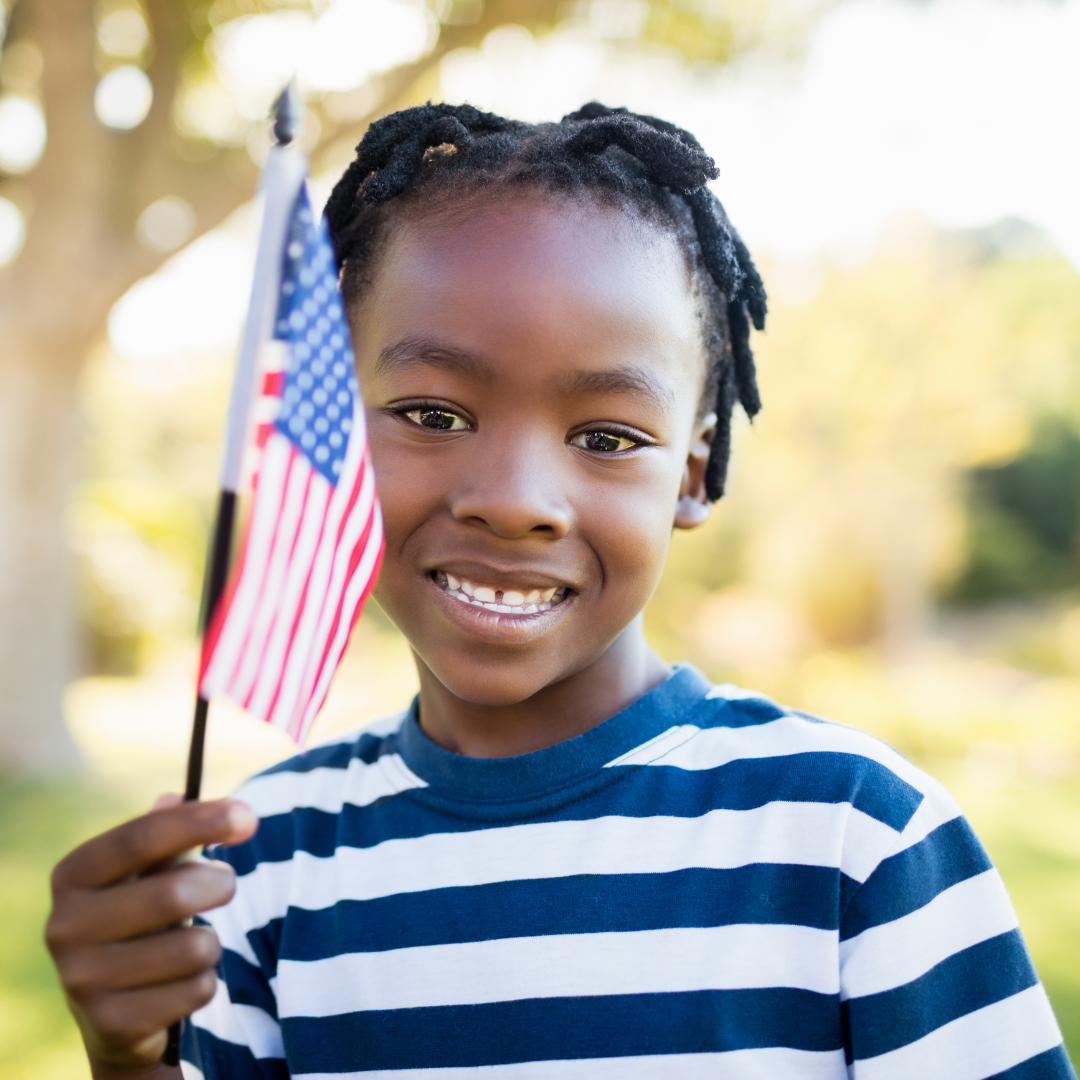 Within the ultimate dash to the White Home, telephones are relentlessly pinging with donation requests, social media feeds are slammed with propaganda and righteous opinions, TV advertisements are slandering opponents, media sources are producing continuous election information tales. Election season is usually a difficult time for everybody, as each adults and youngsters really feel the heightened power, stress, and uncertainty that accompany nationwide conversations and information cycles.
Within the ultimate dash to the White Home, telephones are relentlessly pinging with donation requests, social media feeds are slammed with propaganda and righteous opinions, TV advertisements are slandering opponents, media sources are producing continuous election information tales. Election season is usually a difficult time for everybody, as each adults and youngsters really feel the heightened power, stress, and uncertainty that accompany nationwide conversations and information cycles.
No matter whether or not youngsters are straight concerned in political discussions, they’re nonetheless affected by the encircling ambiance, usually absorbing the feelings and conversations going down round them. Kids discover adjustments of their environment, which can be marked by elevated rigidity, polarized conversations, or disruptions in routines as adults turn out to be preoccupied with election-related issues. The consequences of elections on psychological well being can differ considerably primarily based on age, media publicity, and particular person sensitivity to emphasize or battle.
It’s essential for folks, educators, and caregivers to proactively help youngsters’s psychological well being throughout these intervals, fostering an atmosphere the place they really feel protected and heard. Adults can take proactive steps to assist youngsters course of and perceive the election season whereas prioritizing their psychological well being and sense of safety.
- Encourage open dialogue: let youngsters know they will ask questions on something complicated or troubling they hear. Clarify conditions in a manner that fits their age and maturity degree. For example, you may say, “Grown-ups are making necessary choices, and typically that may make us really feel somewhat nervous. It’s okay to speak about it.”
- Restrict media publicity: to forestall overwhelming feelings, think about decreasing youngsters’s publicity to information and social media, particularly for youthful children. As an alternative, interact in calming actions like household studying time, artistic initiatives, or out of doors play.
- Educate wholesome stress administration: training stress-management methods as a household can equip youngsters to deal with stress higher. Actions like mindfulness workouts, respiration methods, and common bodily exercise will help everybody keep related throughout tense occasions.
- Create a way of stability: sustaining routines and constant household time supplies youngsters with a way of security and predictability. Household dinners, weekend outings, or each day rituals can provide comforting construction, serving to to mitigate stress.
- Mannequin emotional regulation: youngsters look to adults as examples for dealing with feelings. By modeling calm and respectful conversations—even round difficult matters—dad and mom can display constructive engagement with complicated points. Acknowledge worries whereas additionally sharing wholesome coping methods.
- Promote optimistic group discussions: use this chance to emphasise group involvement, kindness, and help. Talk about voting as a solution to take care of the group and discover volunteer alternatives to point out youngsters how collective efforts can result in optimistic change.
- Prioritize grownup self-care: supporting youngsters’s psychological well being throughout high-stress occasions requires that adults apply self-care as nicely. Managing your individual stress equips you to supply the persistence and reassurance youngsters want. Have interaction in actions that show you how to preserve steadiness, whether or not via train, socializing, or setting boundaries with work and screens.
Regardless of the stress and challenges of election season, it may be a superb alternative to introduce youngsters to important values like group, empathy, and the democratic course of. By fostering open communication, consistency, and help, adults will help youngsters really feel grounded throughout this time, equipping them with the instruments to handle future stressors in wholesome, constructive methods.
Prioritizing these practices ensures youngsters’s well-being stays on the forefront, constructing resilience and inspiring optimistic engagement with the world round them.












